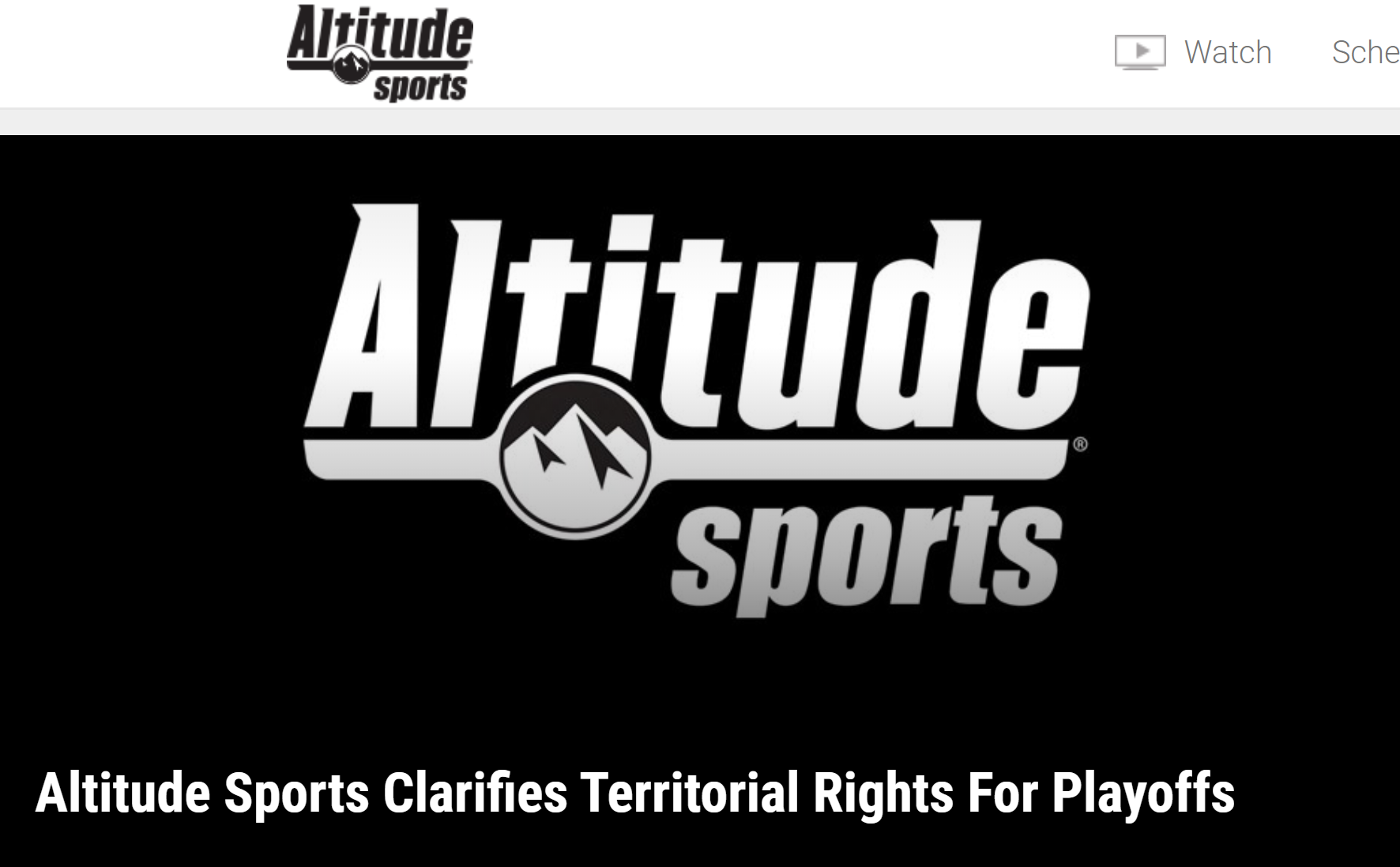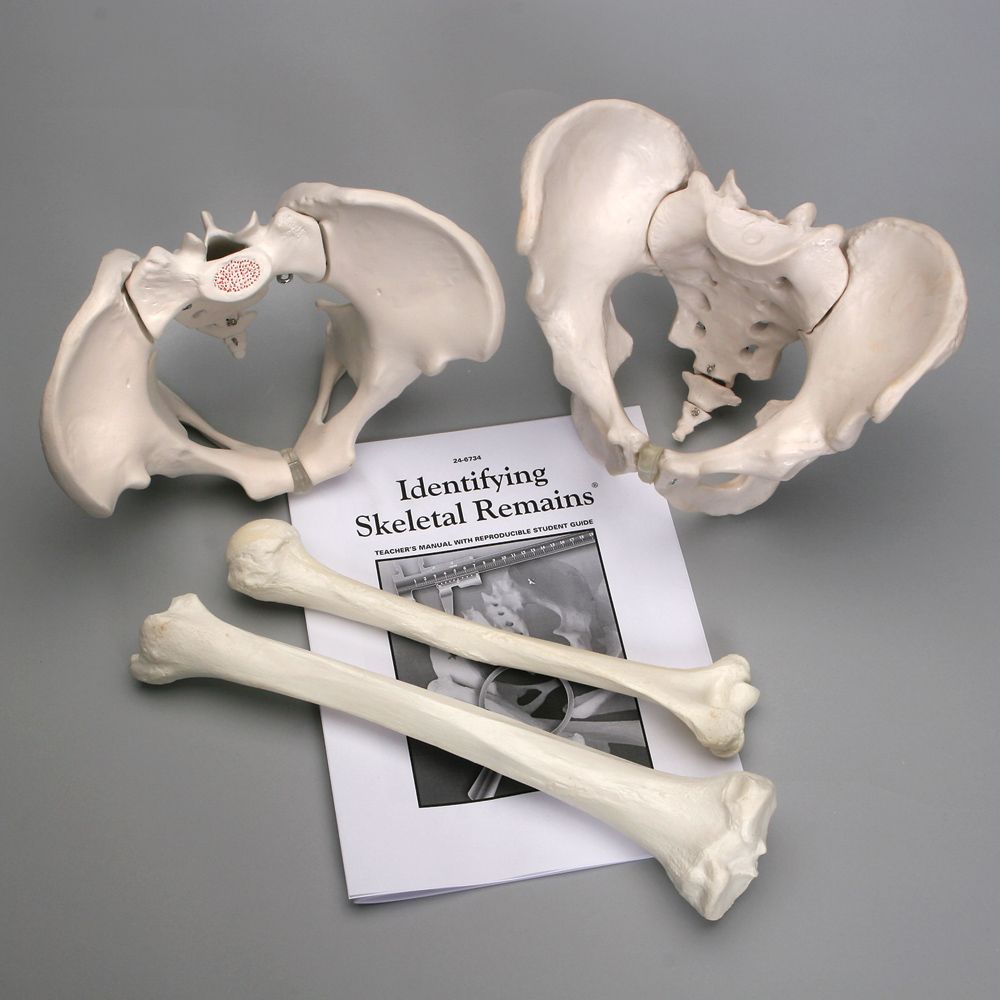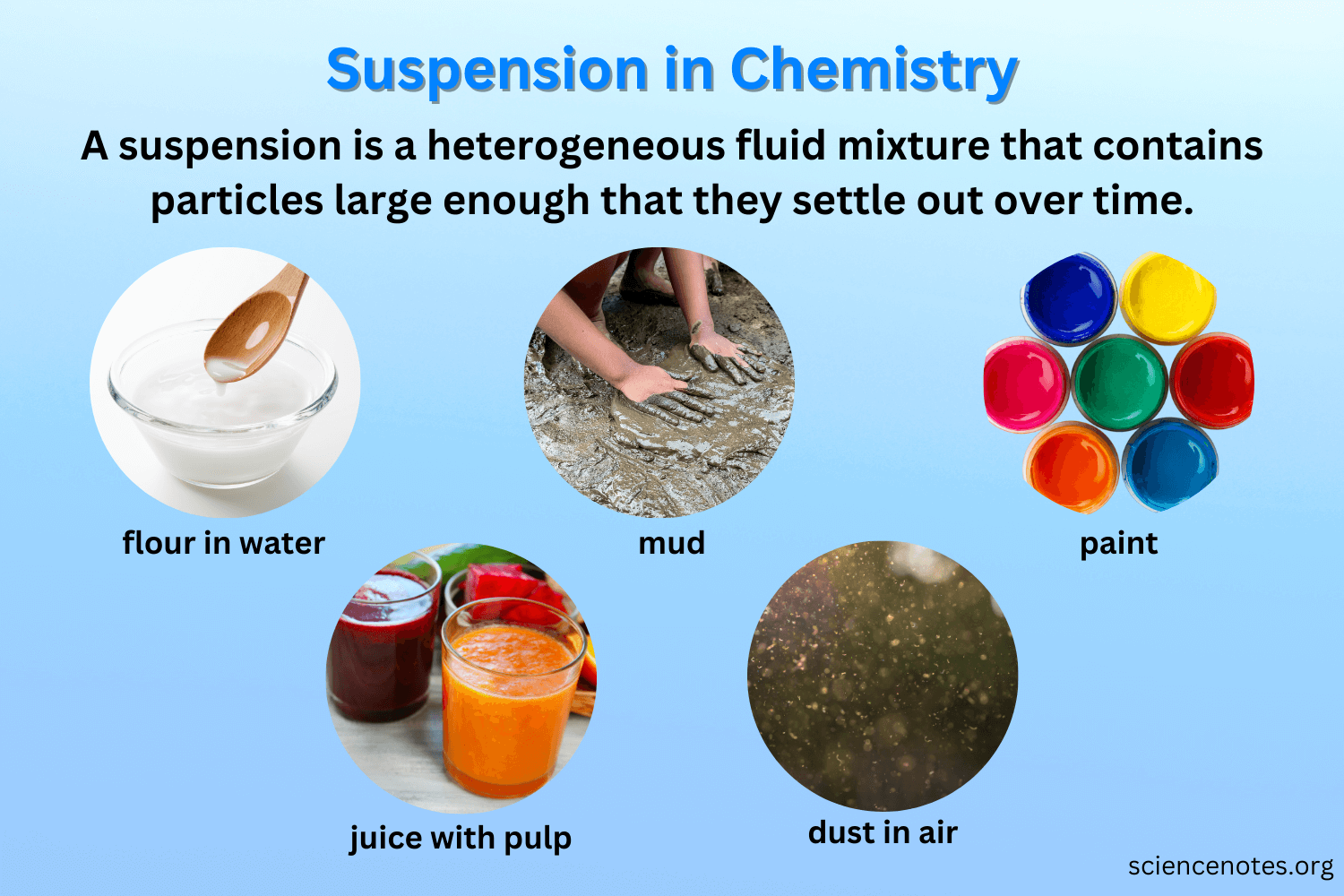Career Fair Success: Essential Questions to Ask Employers and Recruiters
Make the most of career fair opportunities
Career fairs present unique opportunities to connect direct with potential employers, learn about company cultures, and make lasting impressions that could lead to your next career move. Nonetheless, success at these events depend mostly on your preparation and the quality of questions you ask. The right questions demonstrate your genuine interest, professionalism, and strategic thinking while provide valuable insights to help you make informed career decisions.
Effective question at career fairs go beyond just ask” are you hire? ” tThevirtually successful candidates arrive with thoughtful, research questions that spark meaningful conversations and help them stand out from hundreds of other attendees. These interactions frequently will determine whether yyou willreceive will follow up communication or be will remember when positions become available.
Research base questions that demonstrate preparation
Before attend any career fair, invest time research the companies you’re near interested in meeting. This preparation allow you to ask informed questions that show you’ve done your homework and are truly interested in their organization.
Start with questions about recent company developments:” iInotice your company lately expand into the aAsianmarket. How has this growth affect opportunities in your department? ” tThisapproach show you’re current on industry news and understand the company’s trajectory.
Ask about specific initiatives or projects mention on their website:” your sustainability report mention a goal to reduce carbon emissions by 30 %. What role does your engineering team play in achieve this target? ” sSuchquestions demonstrate thorough research and help you understand how your potential role connect to broader company objectives.
Inquire about recent awards or recognition:” congratulations on being name one of the best places to work in technology. What specific aspects of your company culture contribute to this recognition? ” tThistype of question show you value workplace culture and have rresearchedtheir reputation as an employer.
Role specific questions to understand opportunities
While general company questions are important, drill down into specific role requirements and expectations help you assess whether opportunities align with your career goals and skills.
Ask about typical career progression:” what does career advancement typically look like for someone start in this role? ” tThisquestion show you’re tthoughtlong term and are interested in grow with the company kinda than upright find any job.
Understand day to day responsibilities:” could you walk me through what a typical day or week look like for someone in this position? ” tThishelp you visualize yourself in the role and determine if the work match your interests and strengths.
Explore skill development opportunities:” what training programs or professional development opportunities does your company offer for this role? ” tThisddemonstratesyour commitment to continuous learning and improvement.

Source: pinterest.com
Inquire about team dynamics:” how large is the team iId be work with, and how do teams typically collaborate on projects? ” uUnderstandthe work environment help you assess cultural fit and work style compatibility.
Company culture and work environment inquiries
Company culture importantly impact job satisfaction and career success. Use career fairs to gain insights into workplace dynamics, values, and employee experiences that aren’t ever apparent from job descriptions or websites.
Ask about work-life balance:” how does your company support wwork-lifebalance, and what does that look like in practice? ” tThisquestion address a key concern for many professionals while show you value sustainability in your career approach.

Source: Pinterest.pH
Explore diversity and inclusion efforts:” what initiatives ddoyour company have in place to promote diversity and inclusion? ” thiThismdemonstratesareness of important workplace issues and help you assess whether the company’s values align with yours.
Understand communication styles:” how does leadership typically communicate with employees, and what channels are use for ccompany-wideupdates? ” tThisreveal information about transparency, hierarchy, and internal communication practices.
Inquire about innovation and change:” how does your company encourage innovation and adapt to industry changes? ” tThisquestion show you’re tthoughtabout long term career growth and want to work forana advancing think organization.
Strategic questions about industry trends and challenges
Demonstrate industry knowledge through thoughtful questions about trends, challenges, and future directions position you as someone who think strategically about their career and the business landscape.
Ask about industry challenges:” what do you see as the biggest challenges face the industry redress nowadays, and how’s your company position itself to address them? ” tThisshow you understand that businesses operate within larger market contexts.
Explore technology adoption:” how’s your company incorporate new technologies into its operations, and what skills are become about valuable? ” tThisddemonstratesawareness of technological change and interest in stay current with industry developments.
Discuss competitive advantages:” what set your company isolated from competitors in terms of employee experience and career opportunities? ” tThisquestion help you understand unique selling points while show you’re eevaluatedmultiple options.
Inquire about future growth:” where do you see the company head in the next few years, and what new opportunities might that create? ” tThisddemonstrateslong term thinking and interest in grow with the organization.
Questions that reveal your value proposition
While gather information is important, career fair conversations should likewise subtly showcase your qualifications and potential value to the organization. Frame questions in ways that highlight your relevant experience and skills.
Connect your background to their needs:” give my experience in project management and your expansion into new markets, what qualities are you look for in candidates who could contribute to growth initiatives? ” tThisapproach course introduce your relevant experience while seek specific information.
Highlight relevant skills:” iIhave a background in data analysis and notice your company is focus on data drive ddecision-making What types of analytical projects are teams presently work on? ” tThisddemonstratesrelevant expertise while learn about specific applications.
Show problem solve orientation:” in my previous role, iIhelp streamline processes that reduce costs by 15 %. What operational challenges is your team presently face? ” tThisposition you as someone who deliver results while gather information about potential contributions.
Follow up and next steps questions
Every career fair conversation should end with clear understanding of next steps and follow-up procedures. These questions ensure you maintain momentum after the event.
Clarify the application process:” what’s the best way to follow up after today, and are there specific positions iIshould apply for base on our conversation? ” tThisshow initiative while gather practical next step information.
Understand timing:” what’s your typical hire timeline, and when would be appropriate for me to check in on my application status? ” tThisddemonstratesrespect for their processes while ensure you stay on their radar.
Request specific contacts:” would it be possible to connect with someone on the team iId be work with, or could you recommend someone iIcould reach out to with additional questions? ” tThishelp eexpandsyour network within the organization.
Confirm communication preferences:” what’s the best way to stay connected should iIreach out via email, lLinkedIn or through your company’s application portal? ” tThiseensuresyour follow-up efforts use their preferred channels.
Questions to avoid at career fairs
Understand what not to ask is evenly important for career fair success. Certain questions can create negative impressions or waste valuable conversation time.
Avoid questions easy answer by basic research:” what does your company do? ” oOr” here ardo your offices locate” demDemonstrateck of preparation and waste precious face to face time.
Don’t forthwith focus on compensation: while salary and benefits are important, lead with these questions can make you appear only money motivated kinda than really interested in the role and company.
Avoid negative questions about competitors:” why should iIwork for you alternatively of company x? ” cCanput representatives in awkward positions and doesn’t reflect advantageously on your professionalism.
Don’t ask about time off or vacation policies in initial conversations: these topics are intimately addressed during formal interviews once mutual interest has beeestablishedsh.
Maximize your career fair investment
Career fairs require significant time and energy investment, hence maximize your return mean approach each conversation strategically and professionally.
Prepare a variety of questions for different scenarios. Some conversations may last just a few minutes, while others could often extend longsighted. Have questions ready for both situations ensure you make the most of every interaction.
Listen actively to responses and ask thoughtful follow-up questions. This demonstrates genuine interest and help you gather more detailed, useful information. Sometimes the about valuable insights come from spontaneousfollow-upp questions base on their initial responses.
Take notes instantly after each conversation while details are fresh. Record key insights, contact information, and specific next steps. This information become invaluable when craft follow-up communications.
Quality conversations with fewer companies oftentimes yield better results than brief interactions with many organizations. Focus on companies that really interest you and where you could realistically see yourself work.
Build last professional relationships
The virtually successful career fair attendees view these events as relationship build opportunities instead than equitable job hunt expeditions. The connections you make can provide value throughout your career, yet if immediate job opportunities don’t materialize.
Ask about industry insights and advice:” what trends are you see in the field that someone former in their career should be aware of? ” tThisposition the conversation as mentorship orient and can lead to ongoing professional relationships.
Show genuine interest in their career paths:” how did you get start with the company, and what has your career progression look like? ” pPeopleenjoy share their professional stories, and these conversations frequently create memorable connections.
Express appreciation for their time and insights:” thank you for take the time to explain your company culture it genuinely hhelpsme understand whether this would be a good fit. ” Gratitude and professionalism leave last positive impressions.
Career fairs represent unique opportunities to make direct connections with potential employers and gain insights unavailable through online research unequalled. Success depend on preparation, strategic questioning, and professional follow through. The questions you ask demonstrate your level of interest, preparation, and professionalism while provide valuable information to guide your career decisions.
Remember that career fair representatives meet hundreds of candidates, thus stand out require thoughtful preparation and genuine engagement. The time will invest in will research companies and will prepare meaningful questions pay dividends in the quality of conversations and will follow up opportunities you will receive.
Approach each career fair as both a learn opportunity and a chance to showcase your potential value to prospective employers. With the right questions and professional approach, these events can become powerful catalysts for career advancement and professional growth.



